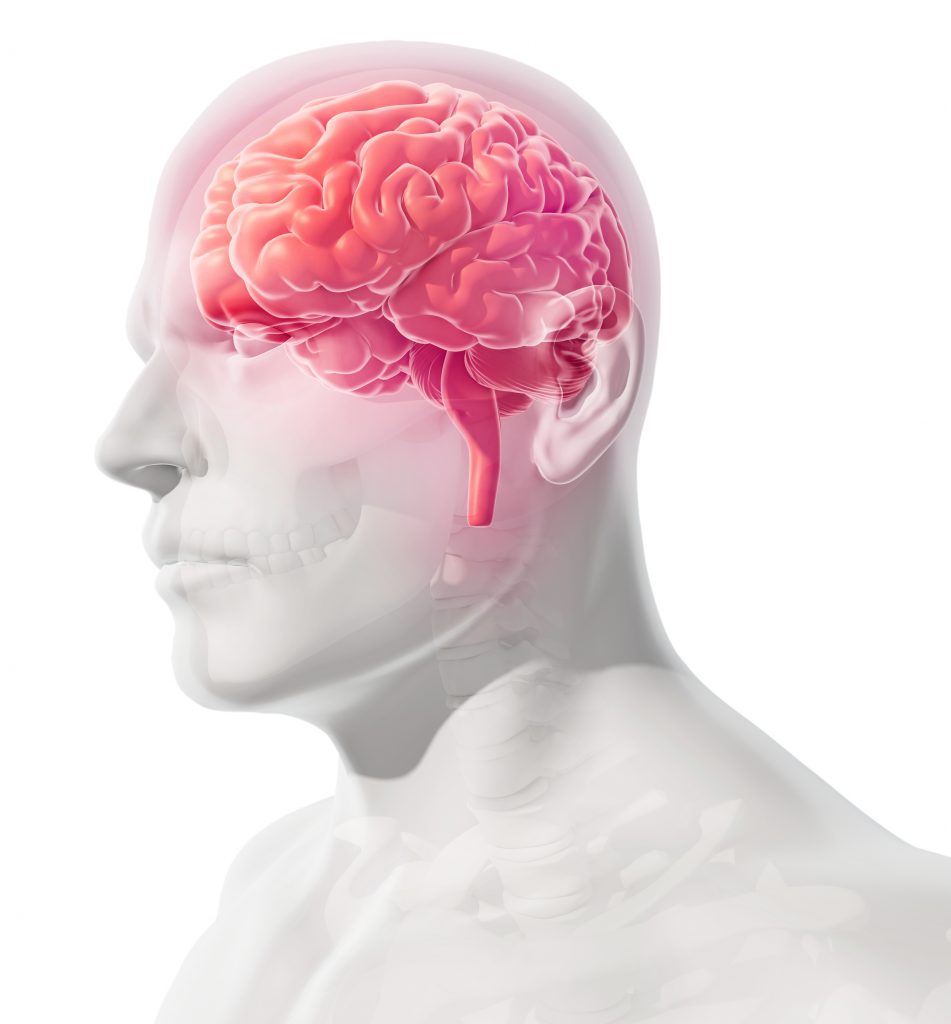Debunking Myths About Early Dementia Diagnosis (Part 1)

Some myths can be fun and relatively harmless in nature. Who among us does not enjoy a good yarn about Bigfoot or Nessie? However, when applied to human health, myths often become the source of unnecessary suffering. In this 2-part discussion, we will explore and debunk some of the most damaging myths that have, unfortunately, become associated with the early diagnosis of Alzheimer’s disease and other kinds of dementia.
Myth 1: Dementia is an Unavoidable Consequence of Aging
In no way, shape, or form are Alzheimer’s disease or other types of dementia a normal part of aging. People can expect a small amount of cognitive impairment to develop in the later stages of life, particularly as it relates to memory, but not to the extent that it is a serious threat to daily functioning. For example, normal brain aging might give someone trouble remembering the names of other people. In stark contrast, a person with Alzheimer’s disease may forget their own name.
While certain types of dementia (like Alzheimer’s disease and Lewy body dementia) become more common with advanced age, they do not appear to be a direct effect of aging and should never be confused with the normal brain changes that occur due to age. Dementias are neurodegenerative diseases that are linked with abnormal amounts of damage within the brain, regardless of age. In fact, some forms of dementia are known to occur earlier in life than many would expect, and there are early-onset variations of the types that are typically found in seniors.
Myth 2: There are no Benefits to Being Diagnosed in the Early Stages of Dementia
People often focus on the understandable turmoil that can come from being diagnosed with dementia. However, there are many benefits that can be gained from having the condition professionally confirmed using an online tool like BrainTest® or by visiting a doctor. First and foremost, being diagnosed means that the exact form of dementia has been identified and the appropriate course of treatment can begin. Many types of the condition exist, and the treatment plans for each can differ wildly.
There are a variety of medications that may help treat some of the cognitive and physical symptoms associated with certain types of dementia and they cannot be accessed without first being professionally assessed. Getting diagnosed early in the development of Alzheimer’s disease or another type of dementia allows for treatments to begin when the symptoms are not yet too severe, potentially prolonging the ability to function at a relatively normal level.
In addition to the medical benefits of an early dementia diagnosis, it provides people with more time to deal with the emotional impact of the disease, to continue to enjoy life, and to plan for the future. The initial shock of being diagnosed with dementia is undeniable and takes some time to digest. However, gaining acceptance is a key part of getting the most out of life with dementia, and people are often capable of achieving this goal much sooner than they would have expected. At this point, plans can be made to account for the personal care and home management needs that will arise as the condition progresses.
To Be Continued
We have only briefly discussed two of the most common myths about early dementia diagnosis, and yet, it is already becoming painfully evident that they carry serious risks to public health. Believing that dementia is a part of normal aging and/or that nothing beneficial can come from an early diagnosis makes it highly unlikely that a person will receive the necessary treatments should they develop early or even moderate signs of dementia.
However, even if someone is aware that early diagnosis can be beneficial, there are other myths that could still prevent them from being quickly assessed. We will examine two such examples in the second part of this discussion as we continue to debunk dangerous myths about early dementia diagnosis.

